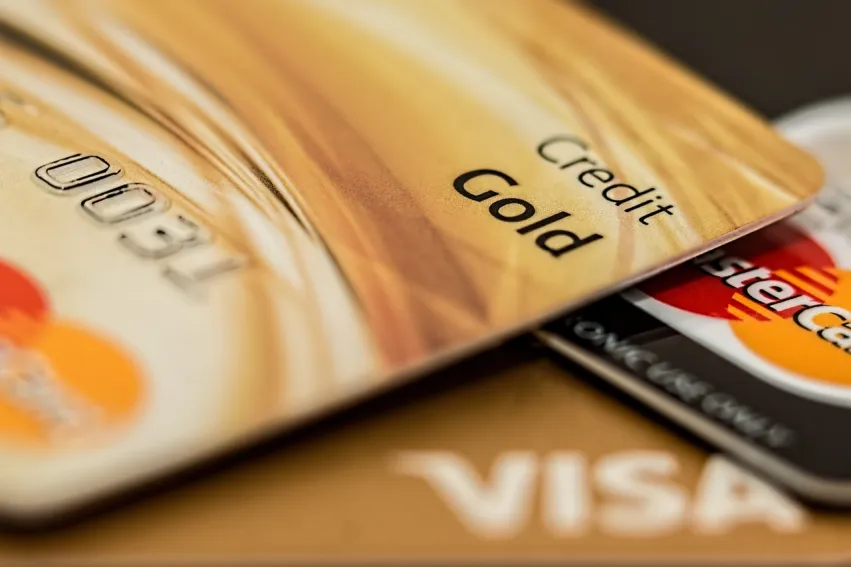
Hong Kong’s consumer credit demand rebounds in Q1
Mortgages and credit card demand rose, whilst unsecured credit hit a historical low.
Hong Kong consumers’ credit demand has rebounded in Q1, mirroring the recent economic rebound and retail sales growth.
Almost all of the major consumer lending categories recorded strong growth in credit enquiries, according to a study by insights company TransUnion. Mortgages recorded the largest increase, jumping 25.1% year-on-year (YoY) in Q1 2021 compared to the same quarter a year earlier.
Credit cards, the most widely held consumer credit product in the city, also showed a strong 8.3% YoY growth.
In contrast, unsecured revolving lines contracted 7% YoY, and is the only category to show a decline. This extends the trend seen in previous quarters where it has repeatedly recorded the largest declines. This was blamed on the relatively higher interest rates for revolving lines when compared to other products as well as this product’s use for discretionary spending, which has generally decreased.

But whilst consumer demand for new credit appears to be improving, it has not yet been reflected in the number of new account openings.
Reporting for originations--which are a measure of new accounts opened and are a function of both consumer demand and lender willingness to advance credit--lags other indicators by a quarter due to the way data are reported, according to TransUnion.
In Q4 2020, originations declines were most pronounced for unsecured lending products focused on discretionary spending: loan on card (-17.7%), unsecured revolving lines (-15.8%), and credit cards (-13.9%).
However, the recent rebound in enquiries is likely to create positive momentum for origination volumes for Q1, the study added.
Demographic-wise, growth in total credit card balances, although still negative YoY, has rebounded faster for younger generations.
Millennials or those born between 1980-1994 led the charge with a 0.8% YoY decline in overall card balances, against an overall fall of 7.6% across the credit-active population.
“Compared to older generations, Millennials generally prefer applying for credit and shopping or transacting online. For lenders offering a friction-right experience to their existing customers and prospects, this indicates an opportunity to serve and attract consumers during the social restrictions associated with the pandemic,” said Francis Lau, director of research and consulting, Asia Pacific, TransUnion.
The Millennial generation has increasingly represented a larger proportion of credit-active consumers, now making up 29% overall.
Deleveraging unsecured credit
TransUnion noted that consumers appear to be deleveraging their unsecured credit balances, with balances in this category reaching historical lows in Hong Kong. During the pandemic, overall outstanding unsecured credit balances decreased in the last five consecutive quarters and are -8.9% lower than they were a year ago.
This emerging trend is being led by older generations. Baby Boomers recorded the largest reduction, at -17.9% YoY in Q1, compared to just -1.5% for Millennials.
The older generation often have more in savings and disposable income, and therefore greater means to manage their finances prudently When looking at outstanding unsecured credit balances, Lau noted.
“The uncertainty caused by COVID-19 and its ongoing impact on the global economy have led consumers to cut back on discretionary spending, save more and reduce their debt levels to cope with uncertainties associated with the lingering pandemic,” Lau said.

















 Advertise
Advertise













